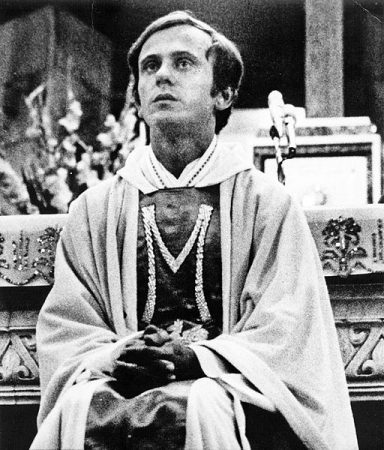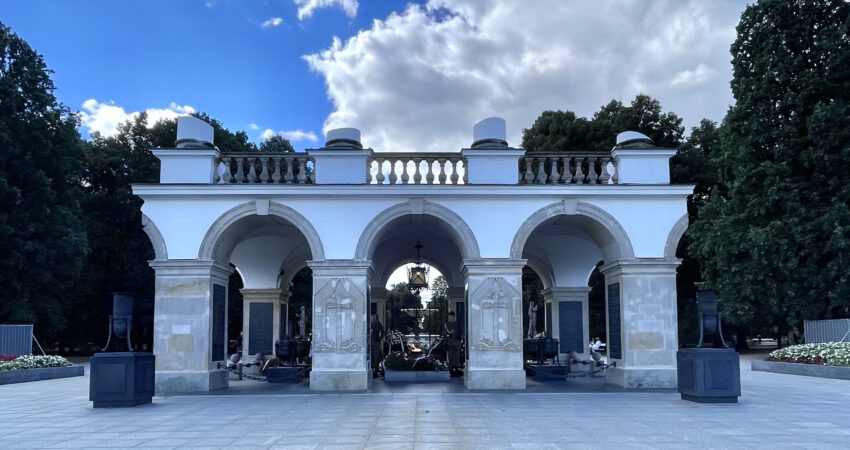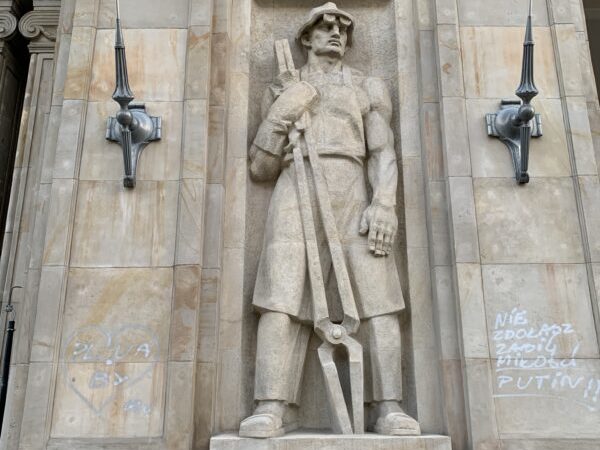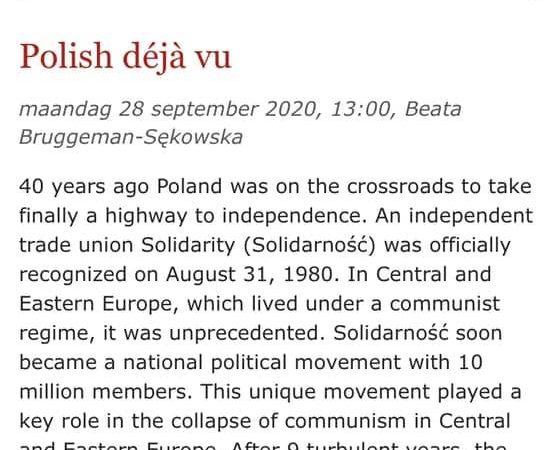By Beata Bruggeman-Sekowska On October 19, 1984, Father Jerzy Popiełuszko, the chaplain of the Warsaw “Solidarity” movement and a human rights defender in the Polish People’s Republic, was brutally murdered by officers of the Security Service. His death shocked Poland and became a symbol of the repression inflicted by the communist regime on both the […]
Beata Bruggeman-Sekowska The Polish Round Table Talks started on February 6 in the Namiestnikowski Palace in Warsaw and lasted till April 5 1989. The government initiated the discussion with the leaders of opposition in order to weaken social unrest. 29 representatives of the government, 26 representatives of the opposition, including members of banned “Solidarność” […]
By Beata Bruggeman-Sekowska On November 11, 1918, Józef Piłsudski (Poland’s Chief of State) took over the authority over the Polish army from the Regency Council (in Polish: Rada Regencyjna or Rada Regencyjna Królestwa Polskiego. It was a semi-independent and temporarily appointed highest authority, head of state, in partitioned Poland during World War I). He […]
By Beata Bruggeman-Sekowska When you are in the capital city of Poland Warsaw you definitely cannot miss Marszałkowska Residential District (MDM) and the Constitution Square, which will bring you back in the communist times. When the construction of the Warsaw W-Z route was successfully completed in 1949, the communist authorities intended to create a flagship […]
On September 28 the Montesquieu Institute published an analysis by Beata Bruggeman-Sekowska. She expresses her concerns about some similarities between actions taken by the ruling party in Poland and totalitarian communist tactics. She stresses that Poland faces various issues and is on the crossroads again. Polish déjà vu Beata Bruggeman-Sękowska 40 years ago Poland […]
Beata Bruggeman-Sekowska When the Polish government under Edward Gierek introduced new food price increases in the summer of 1980 and Poland faced big international debt and shortages of supplies, a wave of labor unrest was stirred in the country. In July a series of strikes started in Lublin and on 14 August 1980 a […]






Follow Us!